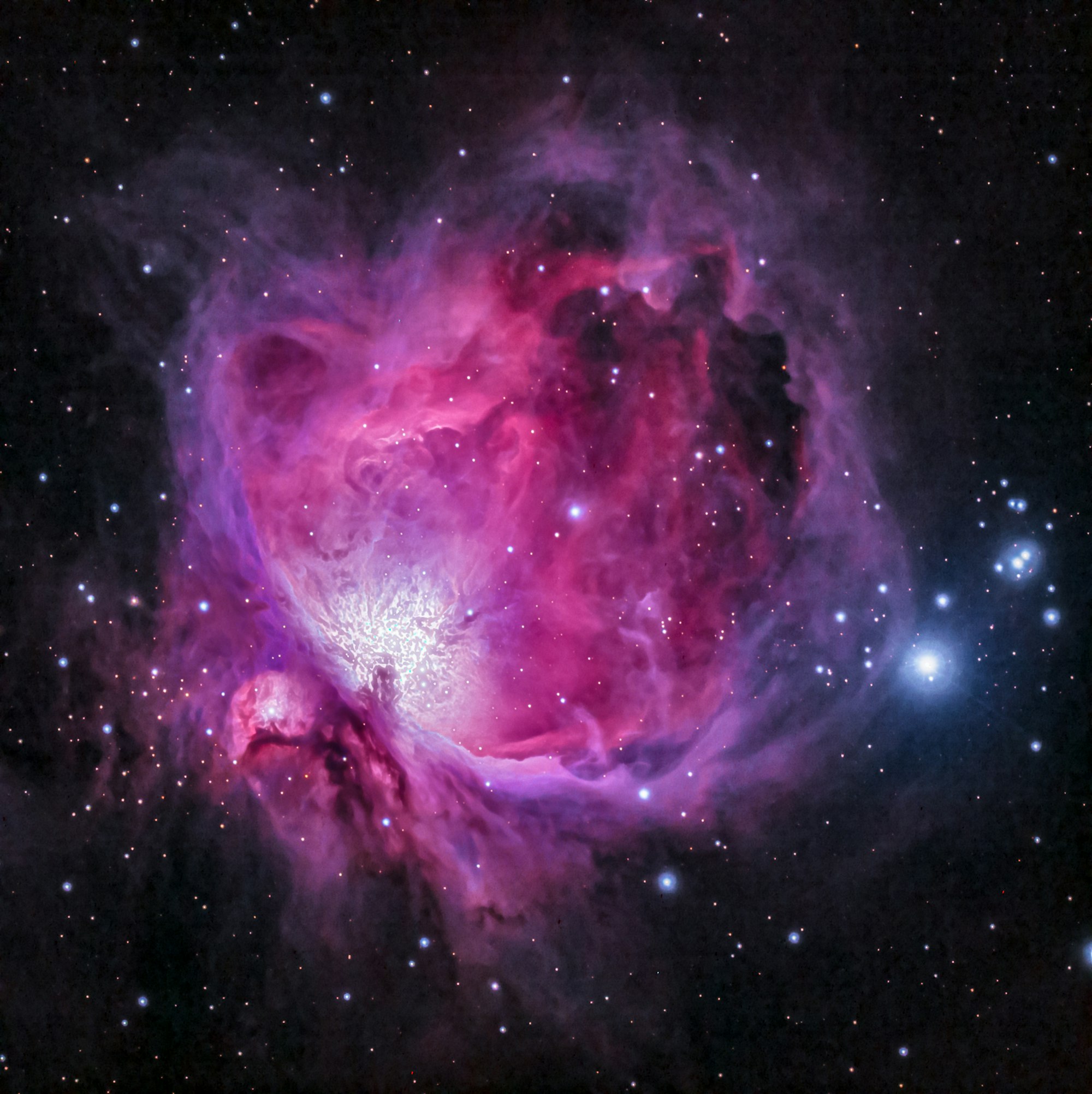The Boundaries of Experimentation
Exploring the boundaries of experimentation, we delve into the grand energy of unification, the ethical dimensions of scientific research, and its societal impact. Join us as we explore this fascinating intersection of science, philosophy, and ancient wisdom at BaguaScience.

In the quest for knowledge, mankind has boldly faced the edges of the experimental universe. Yet, a line must be drawn somewhere, right? This brings us to the crux of our discussion today: the inherent limits of scientific experimentation.
The Grand Energy of Unification
Stephen Hawking, in his profound work, A Brief History of Time, discusses the elusive 'energy of grand unification.' He estimates its value to be at least one thousand billion GeV (Giga electron Volts), a measure of energy on the subatomic scale.
To put it into perspective, the energy from current particle accelerators — cutting-edge scientific equipment designed to probe the deepest corners of the physical universe — can only reach approximately 100 GeV. Plans are underway to build accelerators that might achieve a few thousand GeV, but even these would fall significantly short of Hawking's proposed energy.
A machine that could achieve the grand unification energy would be an astonishing feat of science and engineering, but the practicality of such a venture quickly wanes. Hawking postulates it would need to be as large as our solar system. The costs and logistics of building something on this scale, given the present economic climate, would be an insurmountable barrier. This leaves the theories of grand unification, intriguing as they are, tantalizingly out of our direct reach in the laboratory.

The Ethical Dimensions of Experimentation
This leads us to a critical, and often overlooked, aspect of scientific research: its ethical dimensions. If an experiment is so enormous that it encompasses humanity and our environment — to the extent that it risks destruction of our habitat or the eradication of species — then we might question the value of such an experiment.
Science's narrow definition and approach may render it inadequate in its coverage. This, in turn, might give rise to the limitation or deficiency of science itself.
The Social Impact of Science
From a societal standpoint, we see this limitation manifest clearly. Today, mainstream human activities are based largely on scientific principles. Anything not covered by science tends to be dismissed by the mainstream society. This creates a dichotomy in our societal activities, splitting them into 'mainstream' and 'non-mainstream', depending on their alignment with scientific principles.
Non-mainstream societies, in the face of science, often experience discrimination. Either they must integrate, willingly or not, into the scope accepted by science, or they risk being cast aside as science advances, like a tumor excised. This can indeed cause societal antagonism and harbor unforeseeable factors or crises within social development.
In dealing with phenomena inexplicable by science, it is neither adequate nor reasonable to simply label them as "unscientific". Every phenomenon is a reflection of natural laws. In this sense, there are no "irrational" phenomena, only our inability to comprehend the reasons behind them.

A Redefinition of Science?
If science could eventually encompass all rational human activity, it would mean the current definition of science has been expanded and indeed has certain limits. To recap, both from the standpoint of science itself and human societal development, science should strive to be as encompassing as possible.
In this realm of thought, we can begin to see how the wisdom of ancient Chinese philosophy, including the teachings of Tao Te Ching and Yi Jing, along with theories like the "Yi-Tao Bagua" universe model and the "Arrow-One" universal law, can broaden our understanding of the universe. By appreciating the complementary nature of ancient wisdom and modern science, we may eventually unlock a more comprehensive, unified vision of our cosmos.
As we press on in our quest for cosmic truth, it becomes clear that the intersection of science, philosophy, and spirituality may hold the answers we seek. In bridging these seemingly disparate domains, we embrace the ultimate aim of BaguaScience: unifying our understanding of the universe's inherent logic.

Join Our Quest for Cosmic Truth
We are all explorers in our own right, seeking to unravel the mysteries of the universe and our place within it. The conversation around the boundaries of experimentation has just started, and we invite you to join us as we delve deeper into this fascinating dialogue.
Are you intrigued by the prospect of marrying ancient Chinese philosophy with contemporary science? Do you ponder over the grand unification theories, or muse on the ethical boundaries of science? Then we welcome you aboard.
Here's how you can contribute:
- Engage: Share your thoughts and ideas in the comments section below. Your perspectives could provide fresh insights that propel the conversation forward.
- Learn: Explore our collection of resources available on BaguaScience website. Our numerous blog posts, articles, and discussions on topics like the Yi-Tao Bagua universe model and the Arrow-One universal law will aid in your journey of discovery.
- Share: Knowledge increases by sharing. Help us grow our community by sharing our posts and articles on your social media platforms. Encourage your friends, family, and colleagues to join our quest for understanding the cosmos.
- Subscribe: Stay updated with our latest explorations and insights by subscribing to our newsletter. You'll receive our latest blog posts, news, and updates right in your inbox.
Remember, every question you ask, every idea you share, and every conversation you start can contribute to our collective understanding. Join us now and be a part of this incredible journey to explore the limitless possibilities of our universe.
